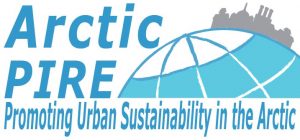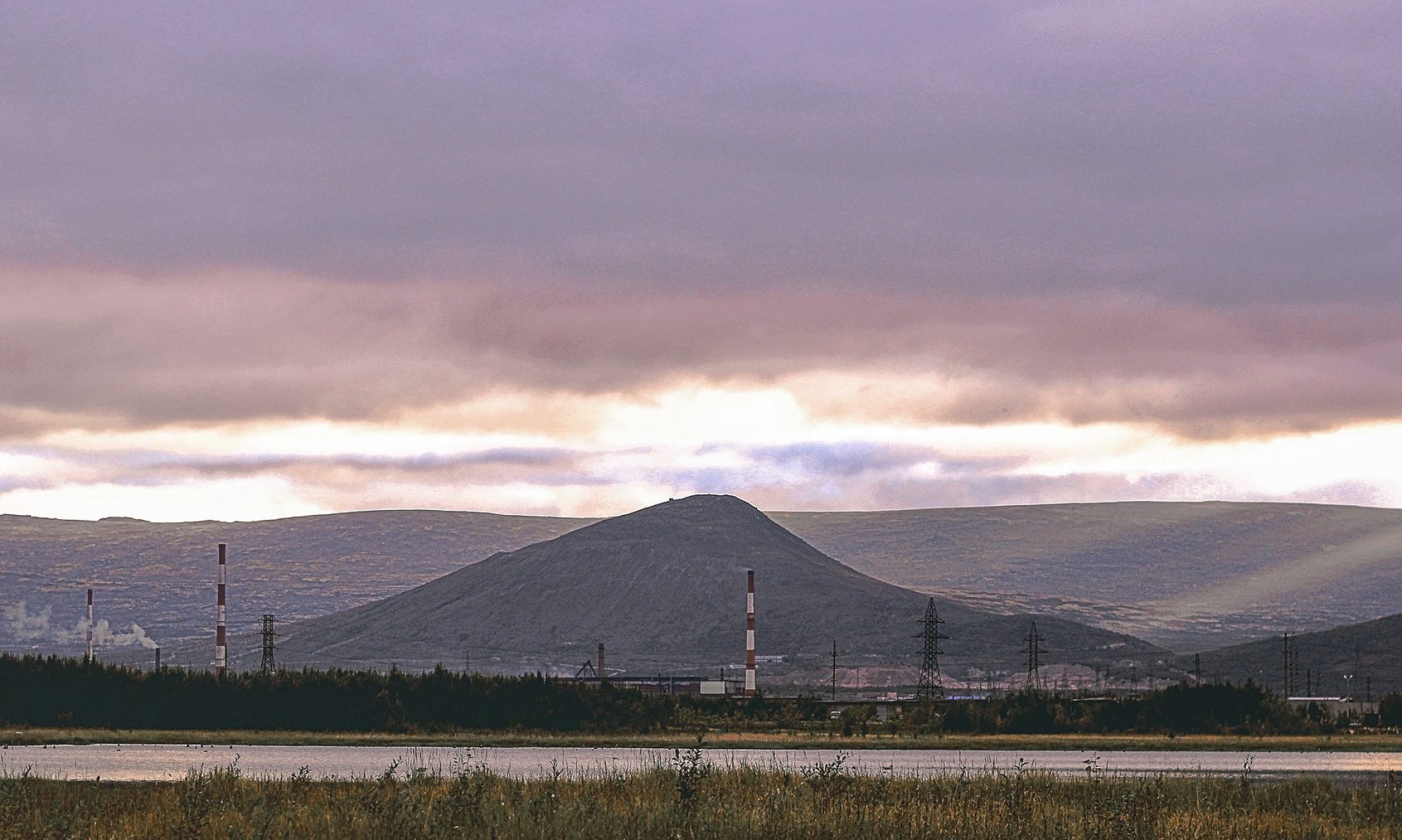Promoting Urban Sustainability in the Arctic, 2016-2020

This PIRE will engage an international network of scientists to develop an Arctic Urban Sustainability Index, which will assess the consequences of anthropogenic activities and inform policy. The Index will be used to measure sustainability outcomes and progress toward achieving those outcomes in Arctic cities. Creation of the Index will establish a solid foundation for building knowledge on urban sustainability in extreme climatic conditions. The PIRE will improve the ability of policy-makers in different contexts (USA, Russia, the Nordic Countries) to promote sustainability. The educational impact will come through learning activities, especially via interdisciplinary field-based training for students, and involvement in international research activities.
The objectives of the PIRE are related to the grand challenges set by the Academy of Finland. The project focuses on the Northern Environment and Sustainable Energy, promotes Dialogue between Cultures and Healthy Life for All. Furthermore, it contributes to the
objective of Learning and Know-how. The Sustainability Index and its interdisciplinary challenges require constant learning among scholars, but also indent communities and stakeholders in a learning process. The product, the Index, is an education-export commodity
that can be applied in other extreme contexts (e.g. desert environs of many global conflict zones of today), as well.
The PIRE promotes themes under AoFs Learning and Know-how objective. It is based on communal (academic & local) construction of knowledge and know-how, as well as takes into account the challenges set by social and cultural differences and change to learning environments. It contributes to new forms of societal action and affection (Theme 1.). The PIRE utilizes innovative research methods to trace learning in formal and informal environments, by integrating the work of local communities, scholars and students in elaborating the Index (2.). Most profoundly the PIRE contributes to the Themes 3 and 4: compilation of the Index requires developing progressive inquiry to “verify and monitor natural (and social) phenomena” (3) and take into account “the challenges and opportunities for learning set by cultural and social contexts” (4). Implementation of the Index will function as a platform for “configurable and ductile learning material for different needs and cultural contexts” (4), as the Russian Arctic is facing similar challenges as many developing countries do.
Veli-Pekka Tynkkynen and his team conduct research on the planning conflicts around energy infrastructure, including both energy production and transport infrastructure and corporate social responsibility objects (such as sports halls) built by energy companies in Arctic cities and how these disputes shape city governance and affect sustainability planning.
Project researchers:
Stephanie Hitztaler
Veli-Pekka Tynkkynen
Project partners:
The George Washington University, The USA
More information:
Arctic PIRE
Posts about the events and publication related to this project can be accessed via the hashtag Arctic PIRE.
